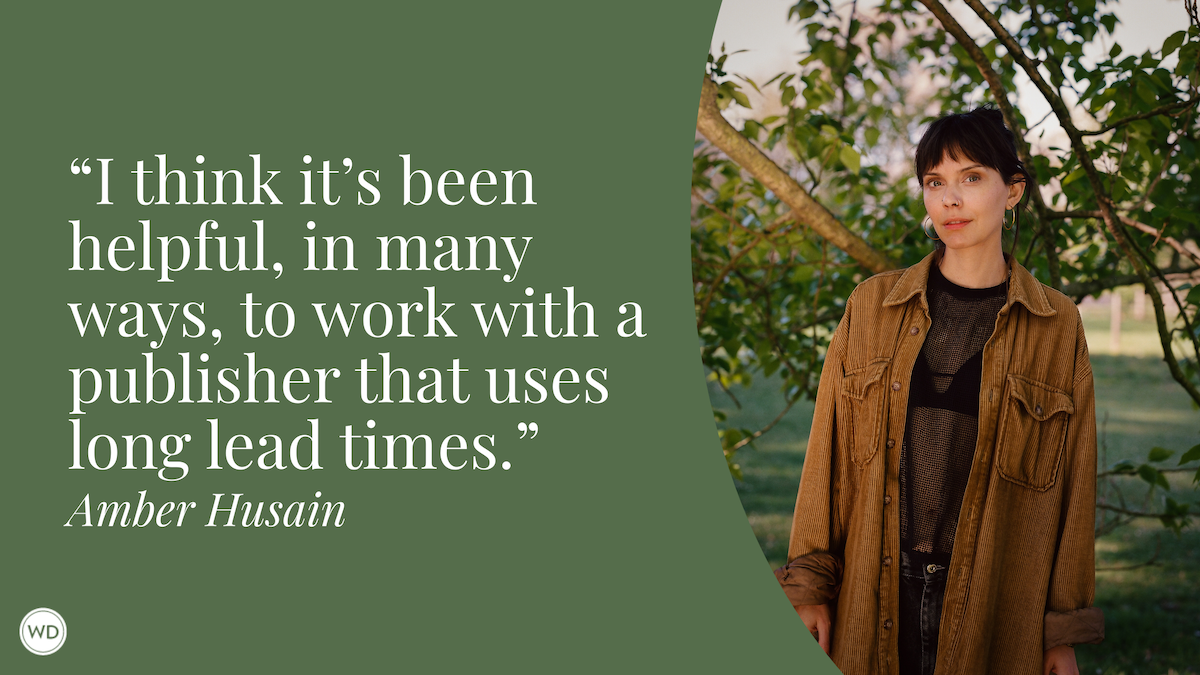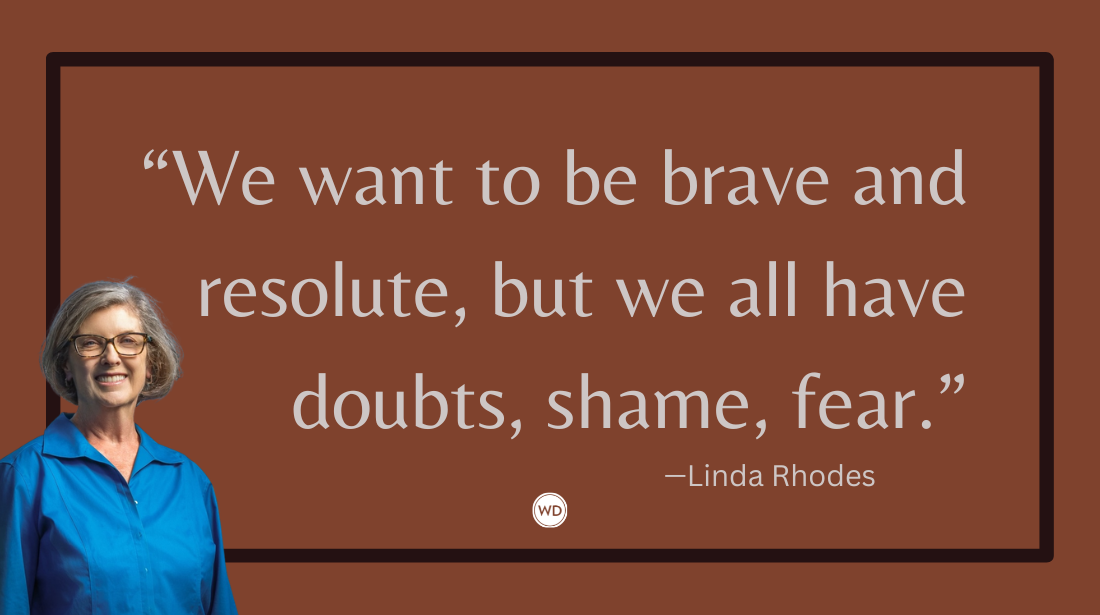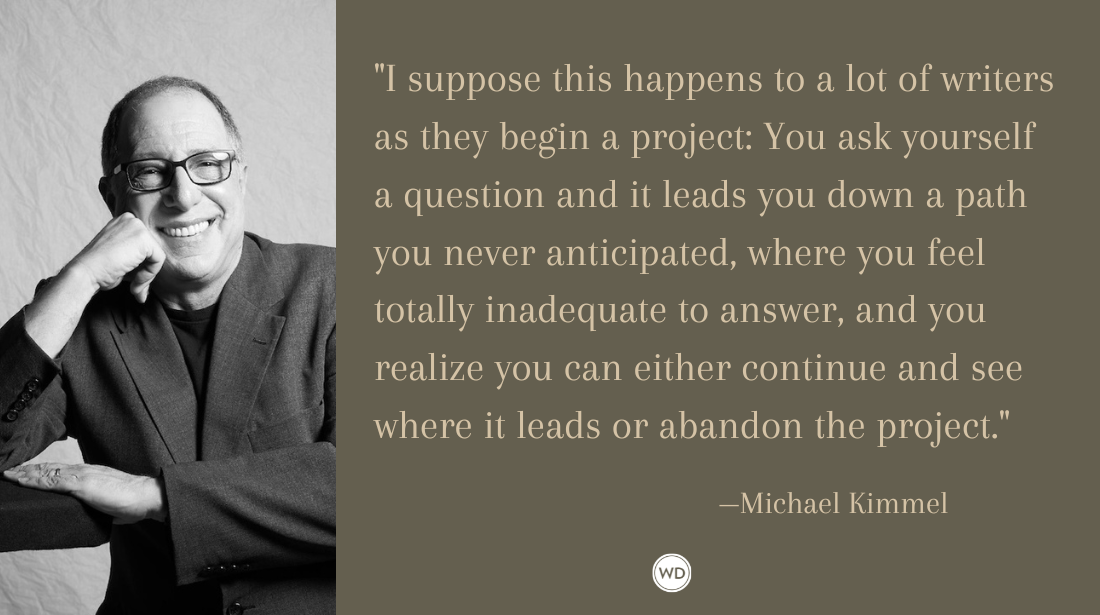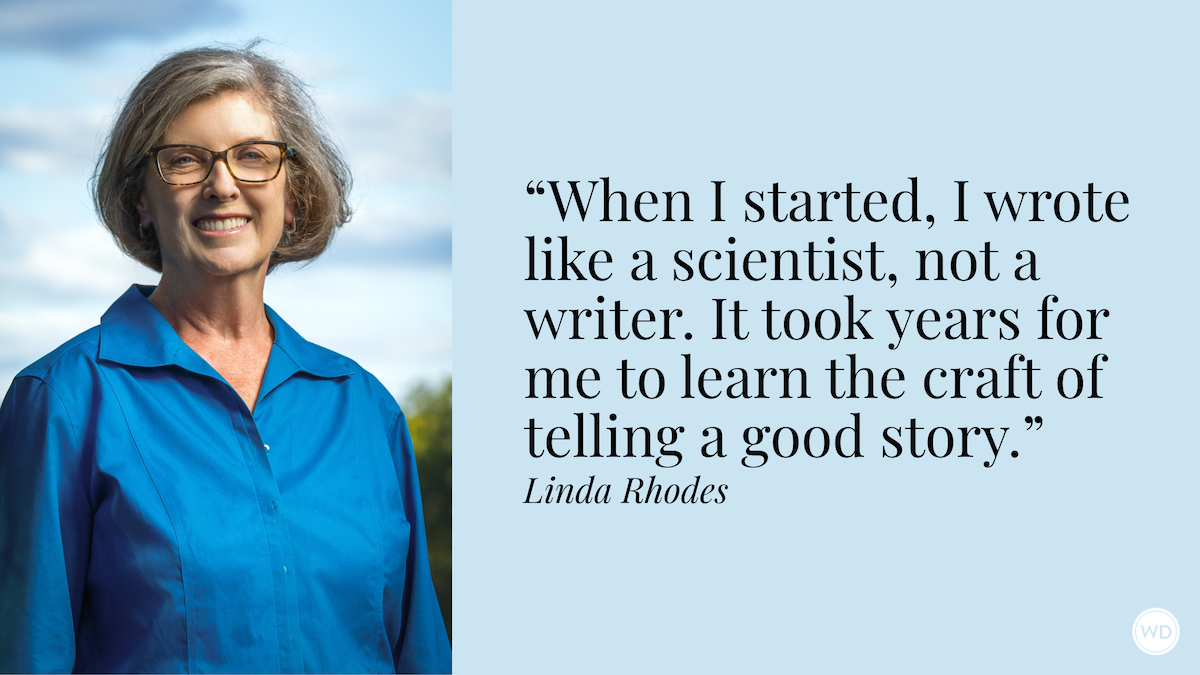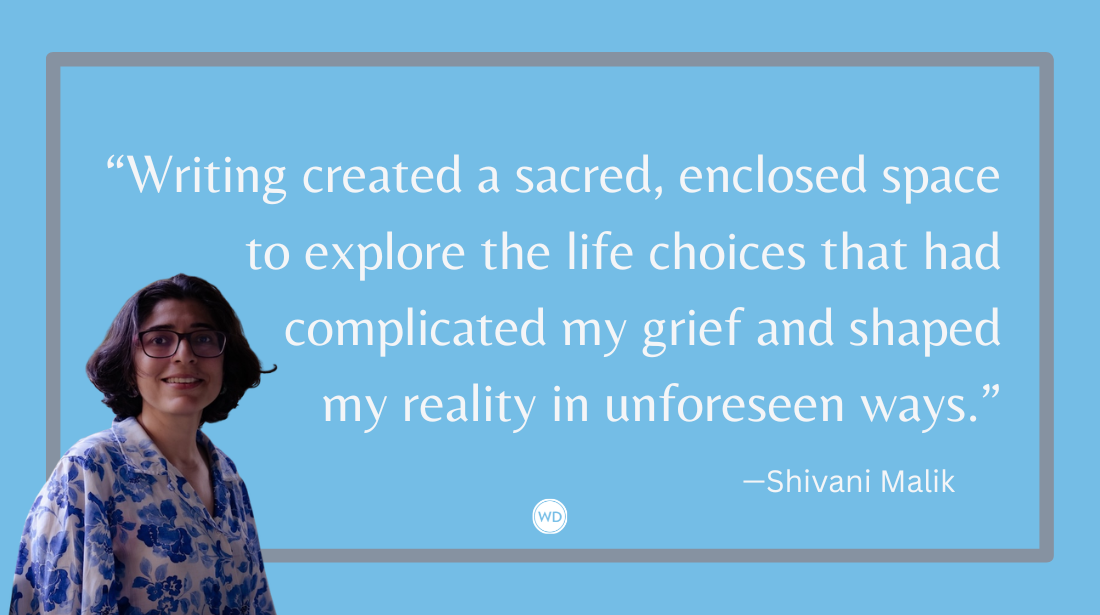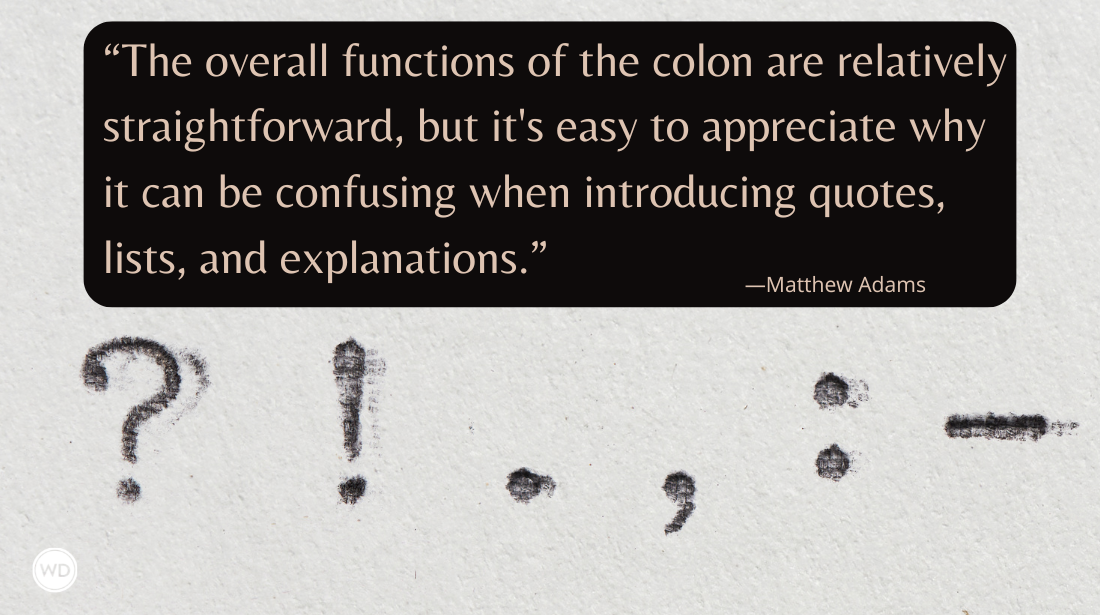The Ethics of Writing About Real People—Especially the Ones You Once Loved
Author Kelly Foster Lundquist discusses the complexity of writing a memoir and the ethics of writing about real people.
Up until the last few years, I rarely communicated with my ex-husband. Our divorce was finalized in the summer of 2004. We both moved across the country multiple times before he settled in Chicago, and I landed in Minnesota, where I’ve been for 11 years. We’d both moved on. He’d been in several long-term relationships. I got remarried in 2012.
Throughout that time, if either of us saw something that reminded us of the other person, we’d DM or email. Once we both got cell phones, we’d text occasionally. He sent me a lovely note when I got remarried telling me how happy I seemed in my wedding photos, and how happy it made him to know that. Every six or seven months, I’d write him to say, “Hey. I’m still working on this book project about our marriage. Are you still okay with it?”
Maybe because I did that so often and no publication was forthcoming, I often felt like The Girl Who Cried Book. I wondered if he even believed I was writing anything at all as the years dragged on and on. Sometimes I wondered that same thing as I navigated parenting a young child with a full-time job with this elusive dream of a book always hanging over my head. No matter how real it felt to him, though, my ex-husband always said the same thing when I asked, “For the rest of my life, I promise you can say anything you want about me.”
Now, after more than 20 years of stalled attempts, that book is finally coming out. And once it became clear that the book would be published, I started to talk to my ex-husband more. I sent him the manuscript. We chatted about it, which eventually led to comfortable chatting about the rest of our lives. When I was in Chicago last year, we had dinner. When I was back in Chicago recently, we had brunch. We talk fairly often now, over email and text—sometimes about the book but mostly just about life: Movies we’ve watched lately, documentaries, podcasts, TV shows, songs we like, updates on family and friends.
During that long time I was writing our story, it was easy for him to feel like a character I’d invented. But I knew I’d be sharing stories about intimate moments of our life together. I knew in order for my story to make sense I’d have to include details of his life that it had taken him years to be able to say out loud: among other things, the fact that he'd spent his adolescence in conversion therapy and then not shared the full details of that with me until several years into our marriage.
When we’d chat, though, I’d be reminded of the stakes of what I was attempting—the reality that this was a living, complex, sacred human being with whom I’d shared seven years of living, complex, sacred human time. I hope that the gravity of that responsibility comes through in the way I wrote about the two of us. It’s meant more than I can say to hear from readers and writers who’ve already read the book that they think it does.
About a year ago, in order to finalize the plans for the manuscript, the legal department at my publisher needed my ex-husband to sign a waiver that read, “I agree that I have been fairly represented in the manuscript, and I give my consent to publication of the material relating to me.” He immediately did so and returned it to me before I’d even closed out of my email.
I’d never been worried he would refuse at the last minute to sign off on the manuscript. I knew he knew enough about it and about me to trust that I wasn’t going to betray or exploit him. So, it wasn’t necessarily relief or at least it wasn’t only relief I felt to know he was signing off on the final project. I think the more accurate way to describe how I felt would be validation.
He was the only other person in that marriage I’d been excavating for two decades. Because of all this, no matter how the book is ultimately received or reviewed, there’s no endorsement that will ever mean more to me than that signed waiver. And no love letter I ever received from him meant more.
Because you doubt yourself constantly when you attempt to write anything at all, especially a story that really happened. So, to have the other person involved in the story say, “This really happened—not just the facts, but the emotional truth of it. The depiction of me feels honest and accurate. I agree to let this person who used to be married to me share these details of our life together,” undid me for several days in ways that not even my most effusive endorsement has done since.
I don’t know that there are any universally applicable rules to how best to write about someone else’s life, especially if that person is alive and able to contradict or refute what you might say or worse, to be wounded by the way you might say it. In my particular case, I constantly wrestled with how much of anyone else’s story to share in telling mine. I knew I didn’t want to center myself in his story or to share anything I felt was only his to tell. I knew I wanted to tell my own story and have that be the focus of the narrative.
But here’s the thing: None of us live a life in which there are no other people. If we’re going to write about our own lives, then other people will always be implicated in those stories. One approach I took to ethical treatment of others in my work was that before publishing anything that included someone else, I showed them what I’d written: my college roommate, my parents, my brothers, etc. I could do that because I love and trust all those people, and they are all safe people for me. I know that’s often not an option for other writers telling stories that involve unsafe people.
No matter what, I think it’s important to constantly interrogate your own memory and motivations. I’ve read several memoirists who said they’d never write unless they felt they could do it from a place of love. I’ve heard others who say that particularity is the key. Both those approaches—love and particularity—resonate with me deeply.
Ultimately, maybe it’s only in remembering how wrong you can get it that we can ever be right when we attempt to put a 3D human being onto 2D paper. It makes me feel connected to adherents of religions that never attempt to draw the Divine. We will never get all of it right—the entirety of any holy mystery—but maybe if we keep that in our minds, we can get closer.
Check out Kelly Foster Lundquist's Beard here:
(WD uses affiliate links)




